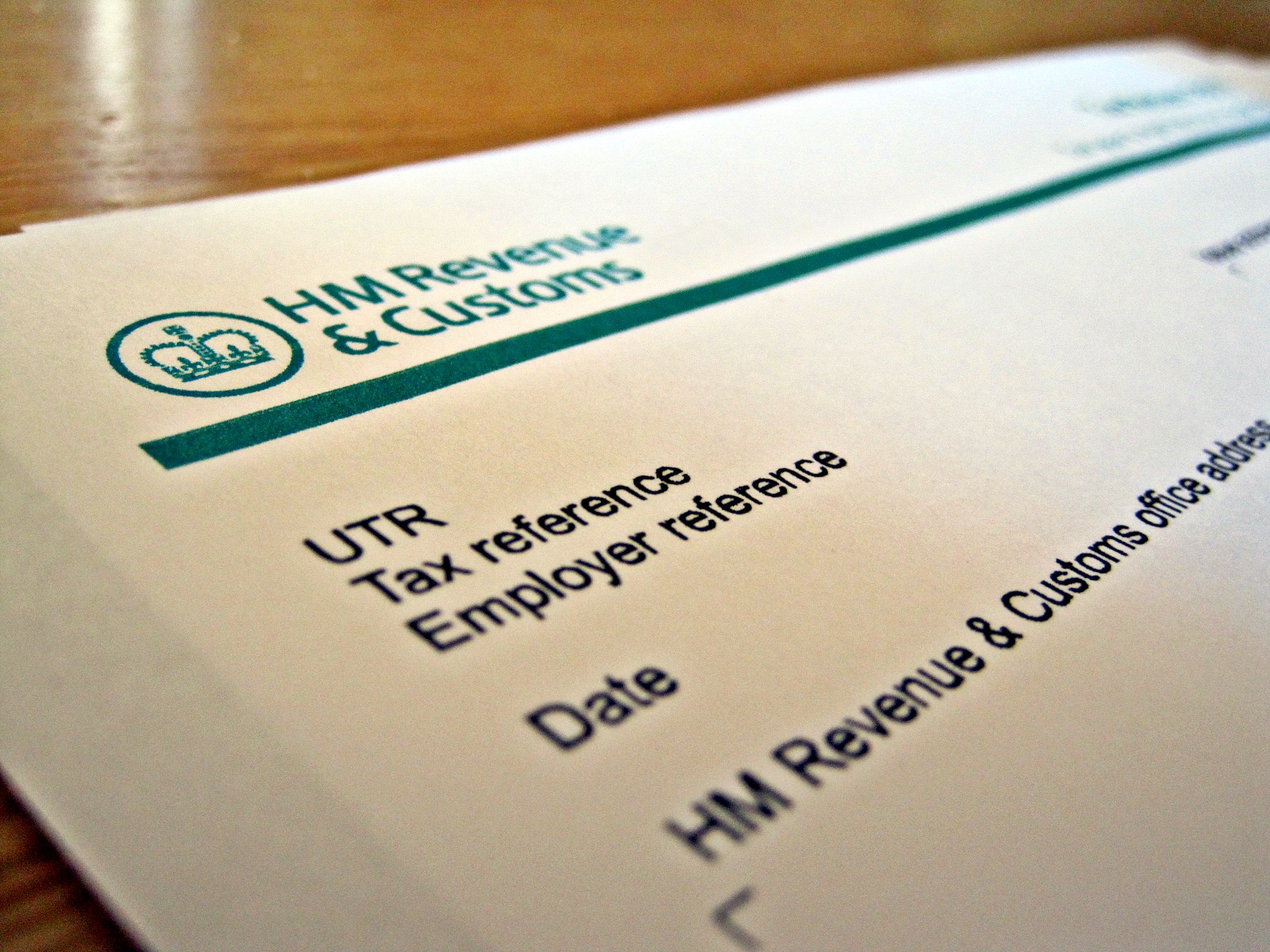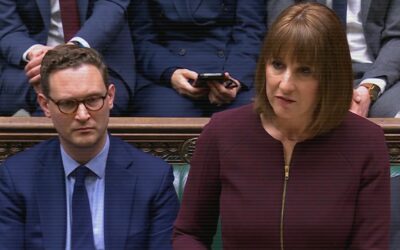- Over 1.1m of UK taxpayers miss the deadline for submitting their self-assessment return deadline for 2023/24 of 31 January 2025
- Automatic £100 late filing penalty automatically due, rising to £300 if the return remains outstanding by end of April
- Penalty is charged regardless of whether there is any tax due, and very narrow grounds to appeal if the taxpayer has a ‘reasonable excuse’ for missing the deadline
- This arbitrary penalty regime erodes trust in the UK’s tax system and makes it harder for HMRC to encourage compliance and collect revenues actually due under the fiscal regime.
31st January is an important date in any tax professional’s calendar – being the income tax self-assessment return deadline for the preceding tax year. The trigger points for an individual to need to file a return are not obvious to many of the general public and have changed over time. Examples for 2023/24 include:
- earnings from self-employment exceeding £1,000 (gross, prior to any expenses)
- receiving dividend income or interest on savings above £2,000
- having untaxed income from renting out property.
With inflation and higher interest rates, fiscal drag has pulled increasing numbers within the charge to tax and the requirement to file a return, whether they have received a notification from HMRC informing them of their need to file or not.
Acceptable grounds to appeal a late filing penalty don’t include not having been informed by HMRC of the need to file a return, nor will HMRC cancel the penalty where there is no tax due (e.g. for taxpayers with unused personal allowance).
Prior to 2011 penalties for missing a filing deadline were limited to the amount of tax due – meaning that taxpayers with low incomes were protected from disproportionate penalty charges. It is not in the public interest for HMRC to attempt to collect low individual value penalties (but adding up to over £110m for just this year) from taxpayers especially who are on low incomes and who don’t owe any income tax. The Low Incomes Tax Reform Group (LITRG) have been campaigning on this issue for some time, including in the run up to last year’s Autumn Budget.
This is a distraction from HMRC’s core priorities: to collect the tax revenues due under the fiscal regime, close the tax gap of un(der) declared liabilities, and provide adequate customer service to taxpayers especially those who struggle to get their affairs right.
TaxWatch is writing to the Treasury Select Committee recommending that they call ministers to review this in time for next year’s deadline for the 2024/25 tax year. This would provide a proportionate response to the issues.



